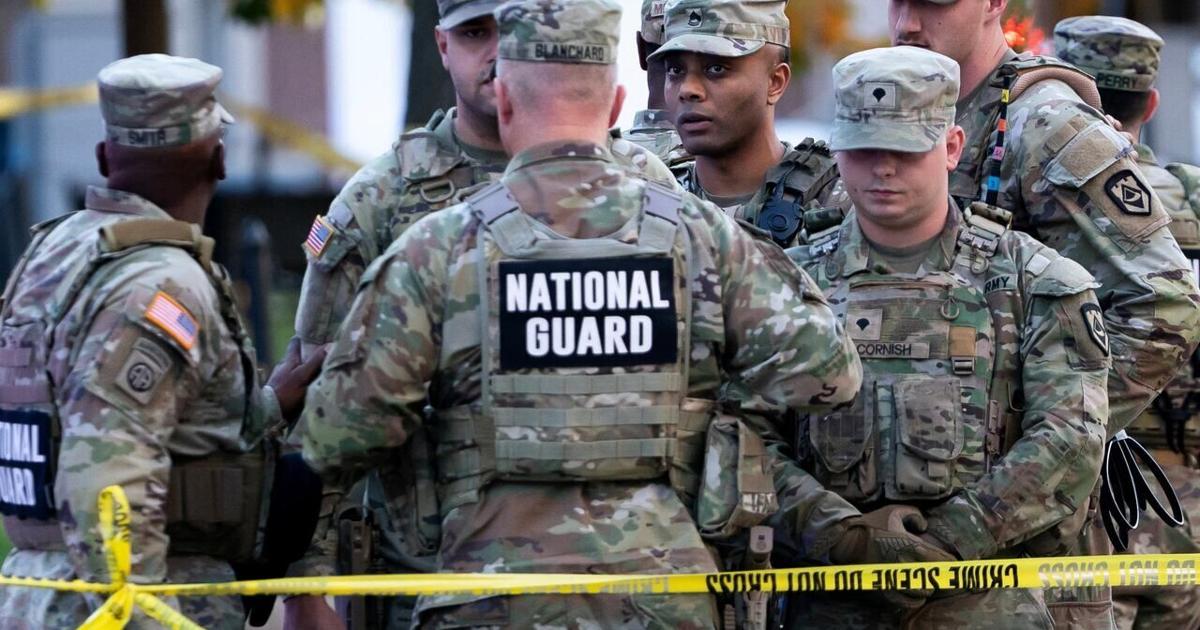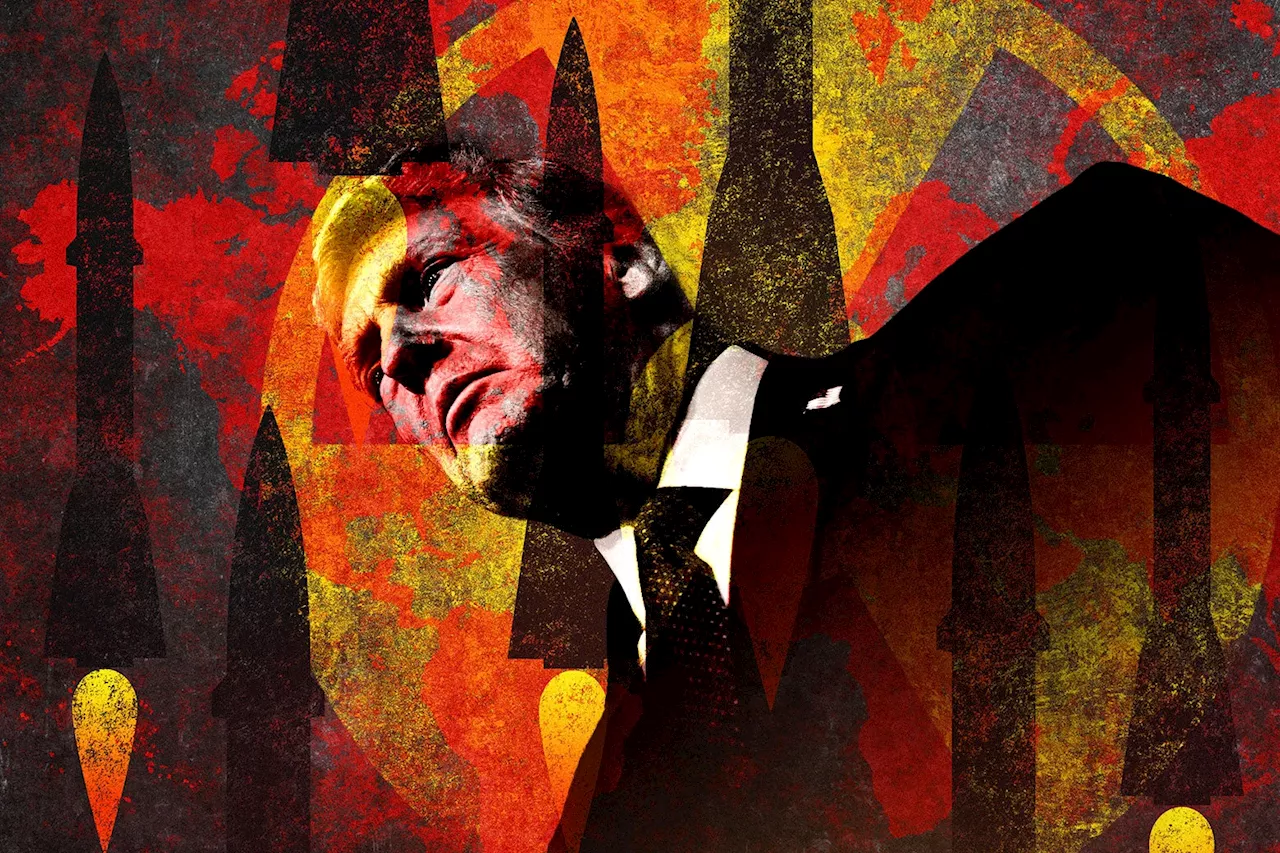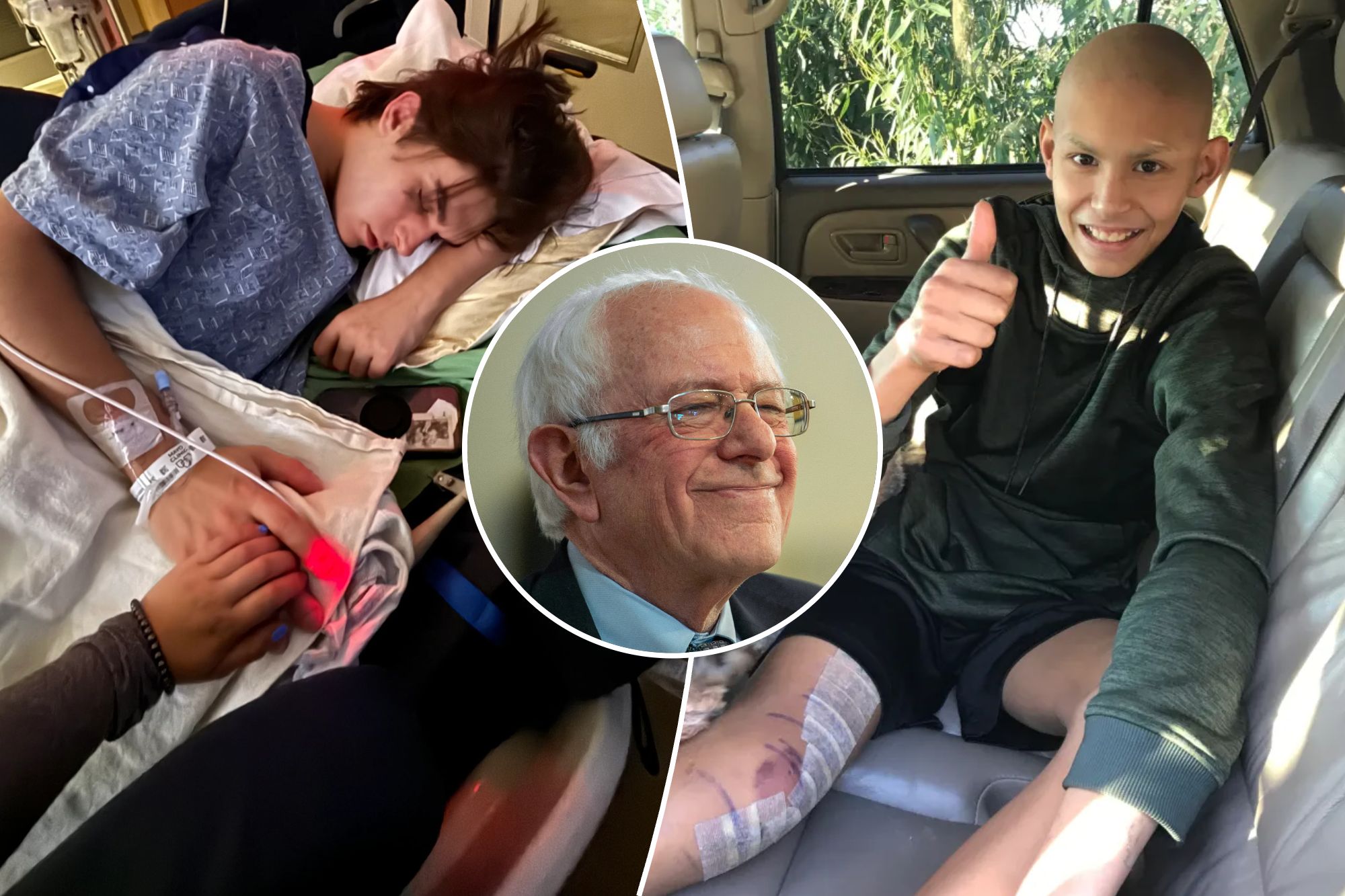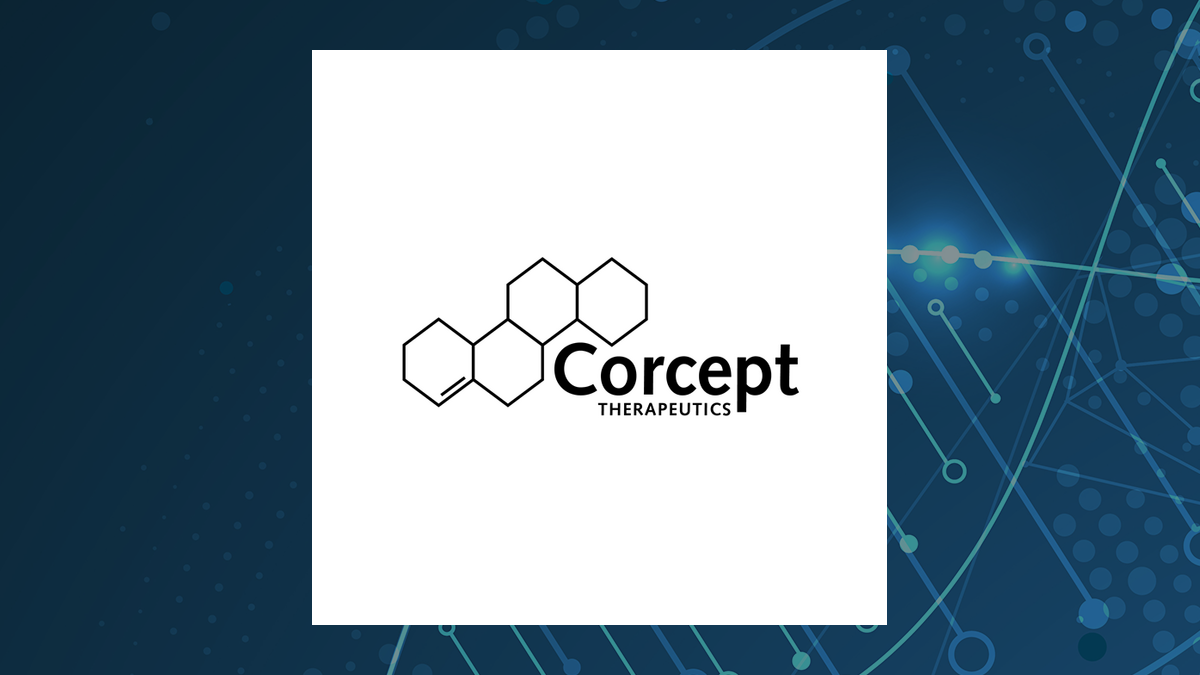Access to mental health therapy options for veterans has become increasingly vital as service members navigate the challenges of reintegration into civilian life. According to the U.S. Department of Veterans Affairs, over 1.7 million veterans utilized mental health services last year. This need is mirrored in Canada, where the Government of Canada reports that one in five Canadian veterans experiences a diagnosed mental health disorder at some point during their lives.
Understanding Veterans’ Mental Health Needs
The mental health challenges faced by veterans often extend well beyond their active duty years. Recognizing the sacrifices made by military personnel, various therapy options are available to assist them in overcoming emotional and psychological hurdles. These therapies can provide essential support during difficult periods, helping veterans find their footing in civilian life.
Among the most common types of therapy offered are individual and group counseling. As noted by American Addiction Centers, individual counseling allows veterans to engage in one-on-one sessions, enabling them to explore personal issues in a confidential and focused environment. This format can be especially beneficial for veterans who prefer a more private approach to discussing their thoughts and concerns.
In contrast, group counseling provides veterans with a platform to share their experiences with others who have faced similar challenges. This communal setting fosters mutual support, encouraging participants to connect and learn from one another.
Specialized Counseling Services
Couples and family counseling is another important therapeutic option. Many veterans find it difficult to communicate effectively with their loved ones after returning from military service. Couples therapy aims to help veterans and their partners reconnect emotionally and romantically. Therapists strive to create a safe space for open communication, enhancing understanding and intimacy.
Military sexual trauma counseling addresses the specific needs of veterans who have experienced sexual assault or harassment during their service. The VA emphasizes that this type of counseling is crucial for helping veterans process traumatic experiences and their lasting impacts on daily life. Through these sessions, veterans can engage in candid discussions about their experiences, promoting healing and recovery.
Readjustment counseling is designed to assist veterans and their families as they transition from military to civilian life. This process can be challenging for both veterans and their loved ones. Notably, family members of veterans who have served in combat zones or received military campaign ribbons are also eligible for this type of counseling, recognizing the shared impact of military service on families.
Another significant area of support is bereavement or grief counseling. Many veterans struggle with emotional distress following the loss of fellow service members or loved ones. This type of counseling provides essential support, helping veterans cope with their grief, regardless of whether the deceased was in the military.
Finally, substance use treatment is a critical service offered to veterans. The VA highlights that many veterans face challenges related to alcohol, tobacco, and illicit substances. Various treatment options, including medically managed detoxification, are available to support veterans in overcoming substance use issues.
As mental health needs continue to be recognized, the array of therapy options for veterans serves as a testament to the commitment to their well-being. With specialized support available, veterans can find the necessary resources to navigate their mental health journeys and reintegrate into civilian life more effectively.







